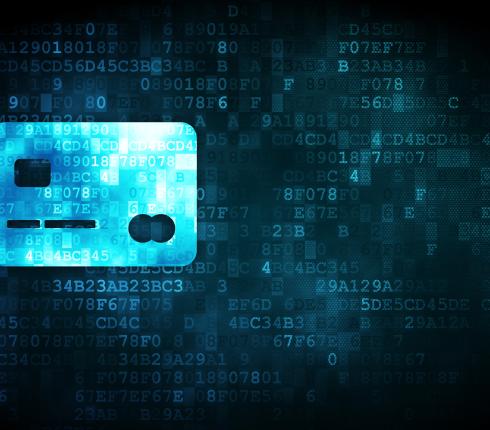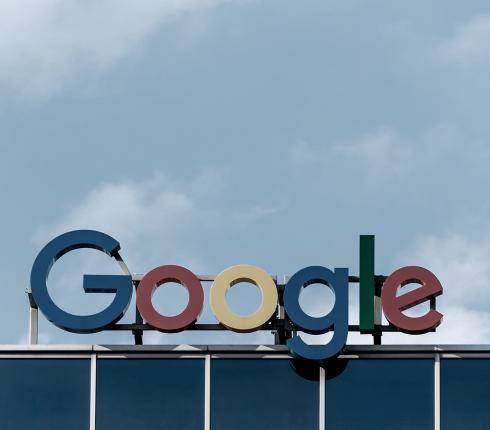Legislative Changes in the Digital Sphere Will Make Life Easier for Consumer and Add Obligations to Businesses
At the beginning of the New Year, it is customary to set goals for yourself and it is often accompanied by the purchase of a new product or service. For example, if you set a goal to work out more, you might buy a smartwatch, or if your goal is to watch more documentaries, you might order a subscription to a streaming platform. Or you might simply continue your normal life, which probably includes occasionally ordering something from an online store.
In any case, it is beneficial to know that several legislative amendments regulating the provision of digital content and digital services as well as consumer rights entered into force this year.

The consumer can demand the removal of defects for a longer period
The responsibility of the entrepreneur increases. In the case of a one-time transfer of digital content or services (e.g., when purchasing an e-book), the entrepreneur is liable for the defect that existed at the time of delivery, and which becomes apparent within two years (within one year before the amendment of the law). For example, if you buy an e-book at the beginning of the year that remains idle for a while and you discover only at the beginning of the next year that the last chapters of the purchased book are missing, you can still request a complete book from the seller of the e-book. In the event of a continuous transfer (e.g., streaming services), the company is liable for defects throughout the contract.
It is assumed that if the defect becomes apparent within one year from the delivery of digital content or the provision of the service, it also existed at the time of delivery (previously, such a presumption was valid for 6 months). In the case of a continuous transfer of digital content or service, this is presumed throughout the contract.
It is worth remembering that the entrepreneur must also provide the consumer with all the system updates (including security updates) necessary for the acquired digital content or service to comply with the terms of the contract. If the transfer takes place continuously, the entrepreneur has this obligation for the entire duration of the contract. However, if the transfer is a one-off event, the reasonable period during which the trader must inform the consumer of the system updates must be deduced from the content of the contract.
Consumers need to get more information
In the case of the sale of a digital service or an item with a digital element, the buyer must be informed of its functionality and compatibility. This means that before the purchase the consumer must be able to assess, whether the fancy new technology to be acquired (e.g., a smartwatch) is compatible with their previous technology (e.g. the phone). In the case of online shops, the consumer must also be informed whether they are entering into a contract with an entrepreneur or a private person, as the application of the European Union's consumer protection rules depends on this.
Provision of personal data has been equaled to the payment of the fee
For many digital services it is customary for the consumers to use the service free of charge, but in return accept that they must share their personal data. This situation cannot be equated with the case where personal data is collected to provide the service itself. A distinction must be made where the company uses the personal data collected from users for its own commercial purposes. For example, we do not have to pay for using Facebook, but the data collected thereby is used by Facebook (now named Meta) to provide advertisers with a service through which the company generates revenue. As of this year, such a business model will be treated as equivalent to the payment of money when assessing the liability and quality of the service of the undertaking.
Therefore, if a consumer uses a digital service such as Spotify free of charge, they can still demand the service provider to update the free version in such a way as to ensure that the service is in compliance with the terms of the contract and that the use of the service is secure. If failure to comply with such an obligation causes harm to the consumer, the consumer has the right to protect their rights in court if necessary. To ensure that entrepreneurs do not experience unpleasant surprises regarding the demands of consumers using the free version, it is recommended to treat them equally with the so-called paying customers when developing the service – at the end of the day, the personal data collected from customers using the free service will also serve the business interests of the entrepreneur.
What is what?
Digital content: all data that has been compiled and transferred in digital forms, such as computer programs, applications, e-books, digital games, etc. Physically existing items, such as smartwatches, may also contain digital content.
Digital service: services that enable consumers to create and otherwise use data in digital form or share data in digital form. For example, social media services such as Facebook, streaming services such as Netflix, online interpersonal communications services such as Zoom.
(Author: Gerda Grauberg)

















